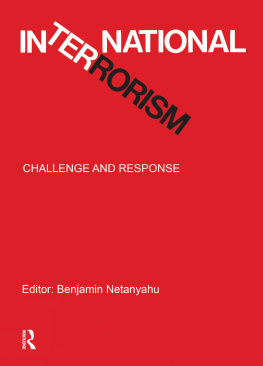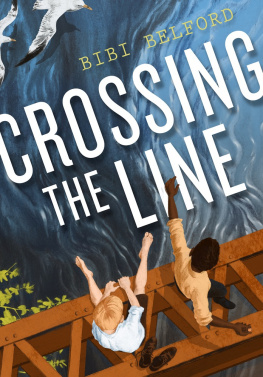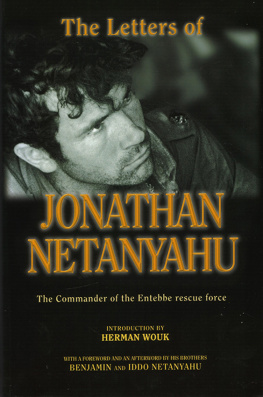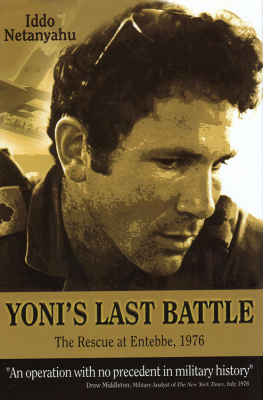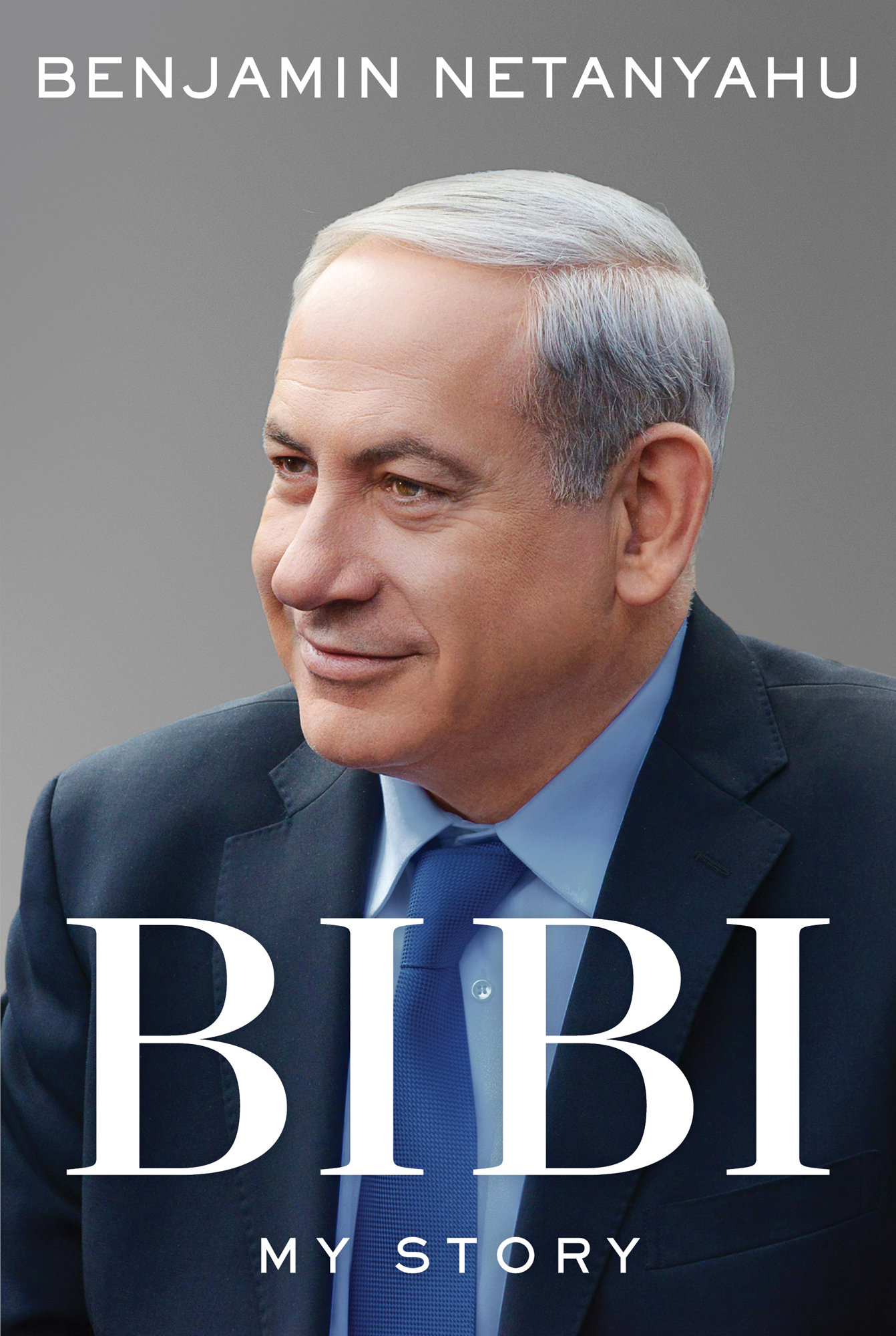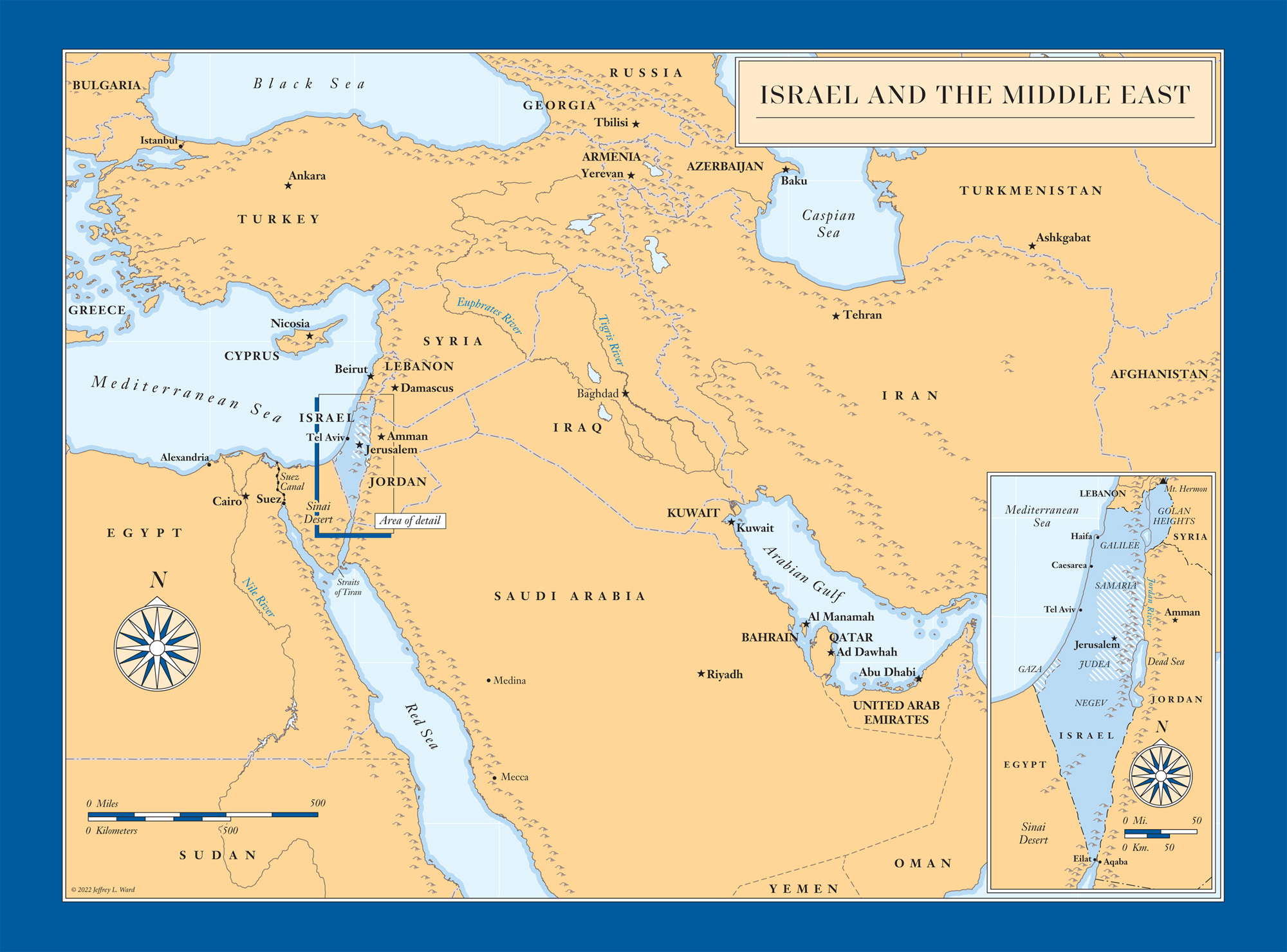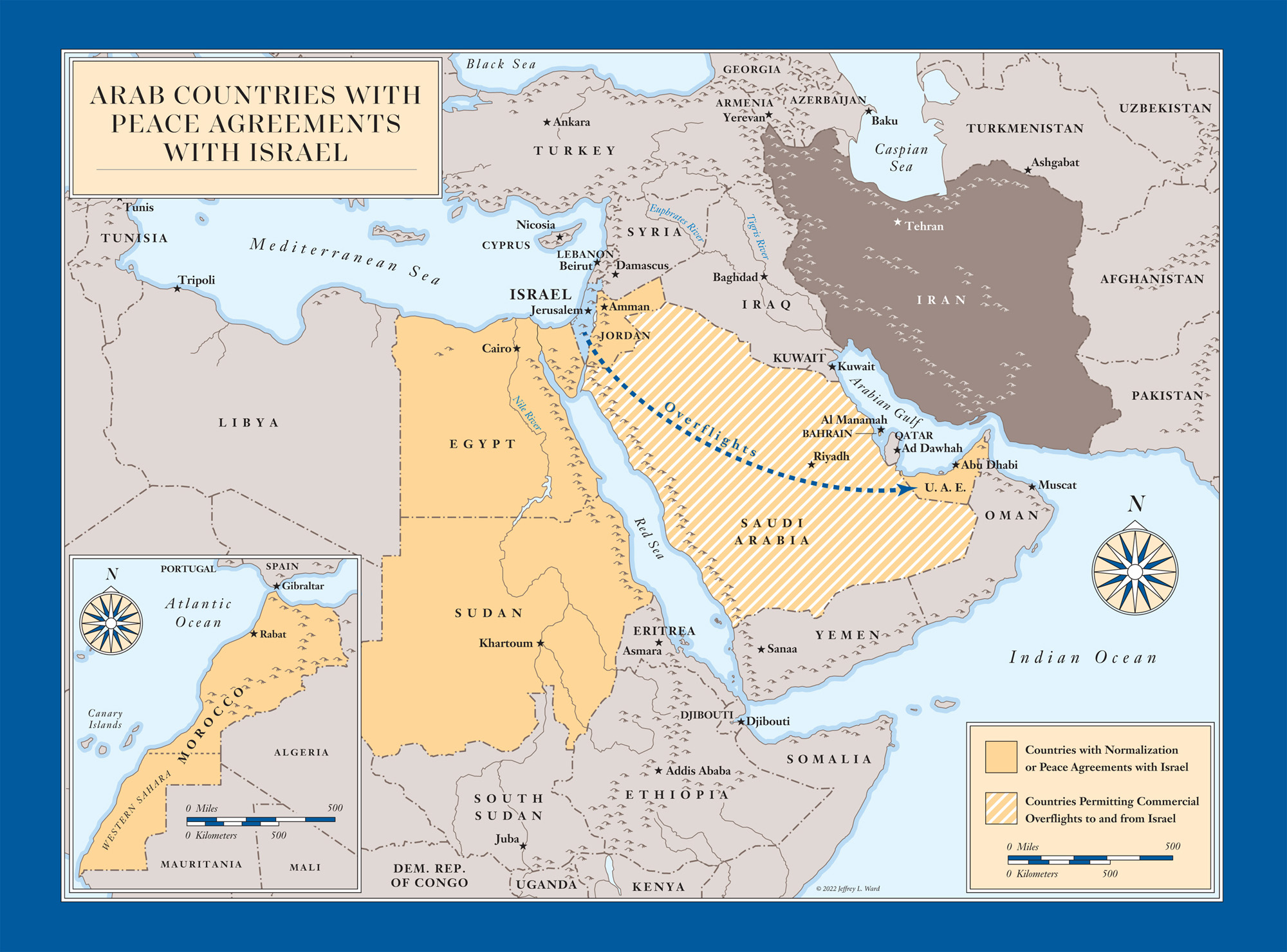Contents
Guide
Benjamin Netanyahu
BIBI
My Story
AUTHORS NOTE
Some details of military and Mossad operations described in the book are excised due to Israeli national security requirements. For the same reason, other such operations, as well as details of certain diplomatic missions, are excluded in their entirety.
PART I FOOTHILLS
BROTHERS 1972
I n 1972 I served as an officer in Sayeret Matkal, an elite special forces unit of the Israeli army. Late one night my team and I returned to the Unit from an exercise near the Dead Sea. The base was practically empty.
Theyve all gone to the airport, the lone remaining guard said. Theres been a plane hijacking. The hijackers landed the plane in Israel and theyre going to kill all the passengers.
We quickly joined the rest of the Unit at Lod Airport near Tel Aviv, a ten-minute drive from our base. Earlier that day four Palestinian terrorists, two men and two women, had hijacked a Sabena airliner bound for Israel from Belgium. Landing at the airport, the terrorists demanded that Israel release 315 jailed terrorists who would be flown on the hijacked plane to an Arab country. If Israel didnt comply, they would blow up the plane with ninety-four passengers and crew on board.
The plane was wheeled to a corner of the airfield where, unseen by the terrorists, soldiers from the Unit punctured its tires.
Defense Minister Moshe Dayan started negotiating terms. This was meant to give the Unit time to improvise a rescue operation. But how do you storm a hijacked aircraft? Despite the rash of hijacking attempts worldwide at the time (326 in a four-year period between 1968 and 1972), no one had tried anything like this before. In an airport hangar we practiced storming an identical aircraft. We learned that it had a surprising number of entrances and that the emergency doors on the wings could be opened by striking them from the outside.
We practiced using low-caliber Beretta pistols and were told to hide them in our boots. The weapons we normally used, Kalashnikov assault rifles and Uzi submachine guns, were too big to conceal and their firepower would endanger the passengers.
Dayan told the terrorists that Israel yielded to their demands. It would release the jailed terrorists and send mechanics to prepare the plane for a flight to an Arab country of their choice. The plan was simple and ingenious: Sixteen of the Units soldiers would be dressed in white mechanics overalls. We would pretend that we had come to prepare the plane for takeoff while assuming our positions at the various entry points to the aircraft. We would then storm the entrances, kill the terrorists and free the hostages.
Each entrance had a Unit team commander responsible for breaking into the plane. As a senior team commander, I was assigned to storm through a wing entrance with two of my men.
During the preparations, my older brother, Yoni, approached me. Like me, he was an officer in Sayeret Matkal, but he had also fought in the Six-Day War as a paratroop officer and had taken part in other battles. Three years my senior, he was a proven warrior under fire, and he outranked me.
Im going too, he said. I have more combat experience than anyone in the Unit.
True, I thought, but irrelevant. Standing orders in the Israel Defense Forces (IDF) and common sense dictated that two brothers should not participate in the same high-risk operation, especially when it involved such a small number of fighters in extremely close quarters.
You cant go, I said, because Im already going!
Then Ill take your place, he said.
You cant replace me. These are my soldiers.
So well both go, he insisted.
Yoni, I shot back in despair, what are you saying? What if something happens to both of us? Think of Father and Mother.
Then he said something I will never forget.
Bibi, he said, emphasizing each word, my life is my own and my death is my own.
I was stunned. Nine years earlier, as a seventeen-year-old, Yoni had written to a friend: Death does not frighten me. I dont fear it because I attribute little value to a life without a purpose. And if I should have to sacrifice my life to attain its goal, I will do so willingly. Even though I would read this letter only after Yonis death, I sensed that same iron determination during those moments in the airport.
Regaining my composure, I pushed back.
Im not leaving and youre not going! I said.
Deadlocked, we went to the Units commander, Ehud Barak. He sided with me. I rejoined my men to prepare for the assault.
An IDF film clip from the staging area in the airport shows Yoni pacing back and forth, frowning, a young lion caged. While he waited in the staging area with Moshe Dayan, Transportation Minister Shimon Peres, and others, we sixteen mechanics boarded a baggage train and made our way to the hijacked plane. We stopped about one hundred meters away at a checkpoint manned by Red Cross personnel. It had been agreed that the Red Cross would conduct body checks to assure the terrorists that the mechanics were unarmed. This was a trick Dayan had prepared, along with several buses brought in full view of the plane and packed with the terrorists supposedly released comrades.
As the hijackers watched from the cockpit and the planes front door, a Red Cross official frisked us. Feeling the weapon in my boot, he whispered Mon Dieu (My God), but he did not alert the terrorists. Contrary to later descriptions, I did not pull out the pistol from my boot, but merely responded Dieu est grand (God is great) in my elementary French.
We were let through.
My men and I climbed onto our wing. We waited for Barakwho stood on the tarmac belowto blow a whistle, our signal to storm the aircraft. My wing members included my able soldier Arik Gerstel and a Unit veteran who was an air marshal.
Air marshals had expert training in handguns and planes, so we incorporated as many of these specially trained Unit veterans as we could find in the airport into the storming party. One of them was the Unit veteran Mordechai Rachamim, who had courageously thwarted a terrorist attack in 1969 against an El Al plane at Zurich International Airport.
Just as we were set to storm into the cabin, the air marshal attached to my team tapped me on the shoulder.
Bibi, he said, tell Ehud to stop the operation.
Why? I asked. Whats the problem?
Theres no problem, he explained. I flew in from London. The plane was packed and I couldnt get to the toilet. As soon as I landed in the airport, you guys picked me up and I never had a chance to go.
You have to go now? I asked.
Now, he answered emphatically.
Big or small? I asked.
Big, he said.
I jumped off the wing and explained the situation to Barak. He held off blowing the whistle; the veteran went under the fuselage to relieve himself and then resumed his position on the wing.
Barak blew the whistle. We struck the door from the outside. It bounced outward. A terrorist in the aisle opposite our entrance fired several shots at us and ran toward the front of the plane. He was cut down by one of our men coming in from the other wing. Another terrorist in the front of the plane was killed by Rachamim as he stormed the cockpit.


